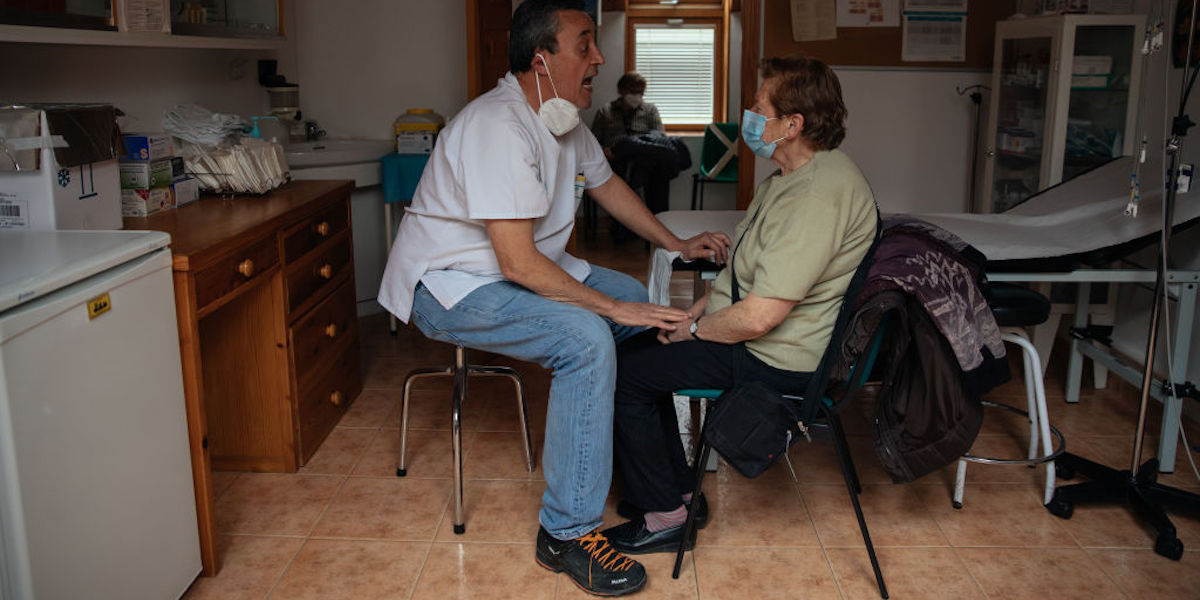The Spanish Chamber of Deputies on Thursday has approved with 312 votes in favor and 32 against an amendment that replaces article 49 of the Constitution, the one that speaks of disability, among other things by changing the term with which people with disabilities are indicated: the term has been removed diminished, which can be translated as “handicapped”, with People with disabilities, “people with disabilities”.
The amendment was approved by almost all parties in parliament: it is one of the rare cases in which the Socialist Party (PSOE) of Prime Minister Pedro Sánchez, and the main opposition party, the center-right People’s Party (PP), they agreed to collaborate despite their historic rivalry. Only the far right at Vox opposed it.
The vote of the House will also have to be confirmed in the Senate for the amendment to come into force, but given the broad consensus around the amendment, its approval is considered a formality. The agreement between the PSOE and the PP had already been announced in December: it was essential to guarantee the amendment three-fifths of the votes in favor (210 out of 350 in the Chamber) to change the Constitution.
The modification of Article 49 of the Constitution, which came into force in 1978 at the end of Francisco Franco’s dictatorship, had long been requested by associations for the rights of people with disabilities. The term diminished identifies people with their disability, seen as a deficiency compared to people’s “standard” abilities, and is generally considered belittling by people with disabilities.
In reality, not only that term will be replaced, but the entire article 49, which today commits the state to “a policy of welfare, treatment, rehabilitation and integration of physically, sensorially and mentally impaired people”. The new version consists of two parts. The first provides that the law establishes the “special protections” necessary for people with disabilities to be able to exercise their rights with “real and effective freedom and equality”. The second obliges public authorities to guarantee the “personal autonomy and social inclusion” of people with disabilities, with particular attention to women and minors.
